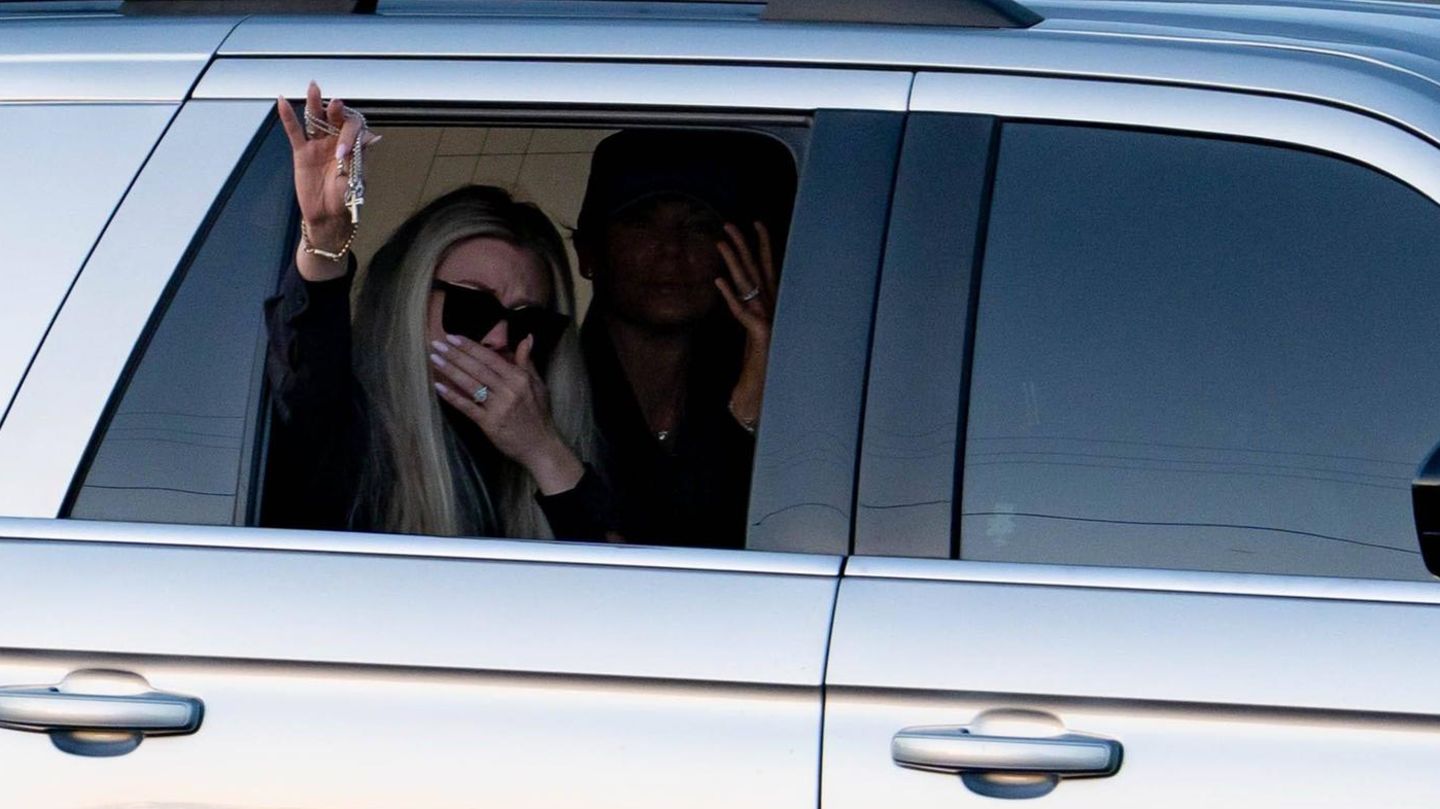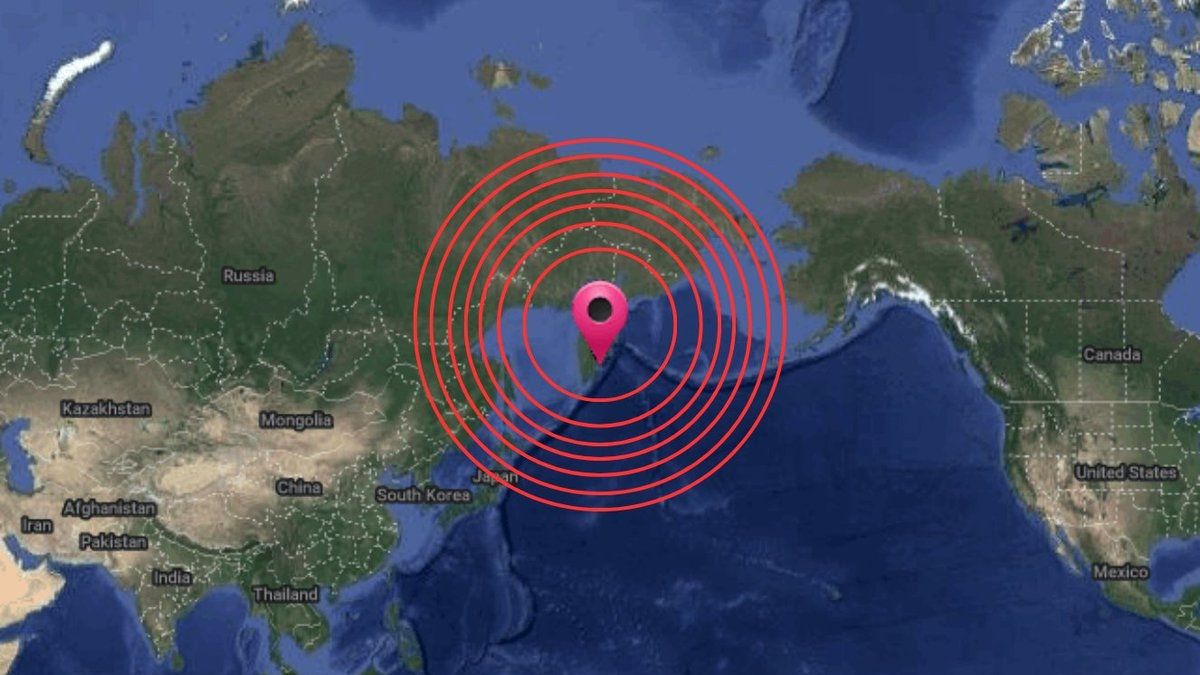The ruling African National Congress (ANC) party is in danger of losing its absolute majority. For the first time, a coalition government could emerge in South Africa.
In South Africa, people have elected a new parliament. After the vote, the ruling party, the African National Congress (ANC), is in danger of losing its absolute majority for the first time since the introduction of democracy in 1994. For the past 30 years, the party of former anti-apartheid fighter Nelson Mandela has ruled alone. According to polls, the ANC will fall below the 50 percent mark this time and will have to form a coalition. The results are expected on Sunday.
The government’s track record is cited as the reason for the ANC’s predictably poor performance in the country with 61 million inhabitants: a weak economy, high unemployment and poverty, ailing state-owned companies, regular power cuts and water supply failures, a crumbling health system, high crime rates and a dysfunctional criminal justice system. The political elite is considered corrupt.
The elections are also relevant for Germany and Europe
South Africa is the largest economy and a political heavyweight on the continent. It is considered the “gateway to Africa”, the access country to a continent that is becoming increasingly important internationally due to its raw material reserves needed for the energy transition. Although South Africa has good relations with Western countries, the government is closely linked to Russia and China. In the Gaza war, South Africa takes a strong pro-Palestinian stance. It has filed a lawsuit against Israel before the International Court of Justice for genocide in the Gaza Strip.
President Cyril Ramaphosa voted in Soweto, a township on the outskirts of the economic metropolis of Johannesburg. “I believe without a doubt from the bottom of my heart that the people will give the African National Congress another chance,” said Ramaphosa. Former President Kgalema Mothlanthe stressed that every single vote counts for the ANC.
Long queues in front of polling stations indicate high voter turnout
Long queues formed outside polling stations in many parts of the country, indicating a high voter turnout, according to the National Electoral Commission (IEC). Despite brief delays in some polling stations and isolated protests and attempts to obstruct the work of electoral commission staff, the election was largely peaceful and smooth, the commission said.
Members of 52 parties competed for the 400 seats in the national parliament. Provincial governments were also newly elected. Of the 40.1 million eligible voters, 27.4 million were registered. The newly elected parliament must form a government and elect a president within 14 days of the results being announced.
The ANC’s biggest competition is the economically liberal Democratic Alliance (DA). At the state level, it already governs the Western Cape, where the tourist metropolis of Cape Town is located. The Marxist-influenced Economic Freedom Fighters (EFF) party, which is led by the former chairman of the ANC youth association, Julius Malema, is also contesting votes from the ANC. In addition, there is a newcomer to the party spectrum that has quickly gained popularity – the uMkhonto we Sizwe (MK) party led by former President Jacob Zuma.
Source: Stern
I have been working in the news industry for over 6 years, first as a reporter and now as an editor. I have covered politics extensively, and my work has appeared in major newspapers and online news outlets around the world. In addition to my writing, I also contribute regularly to 24 Hours World.




